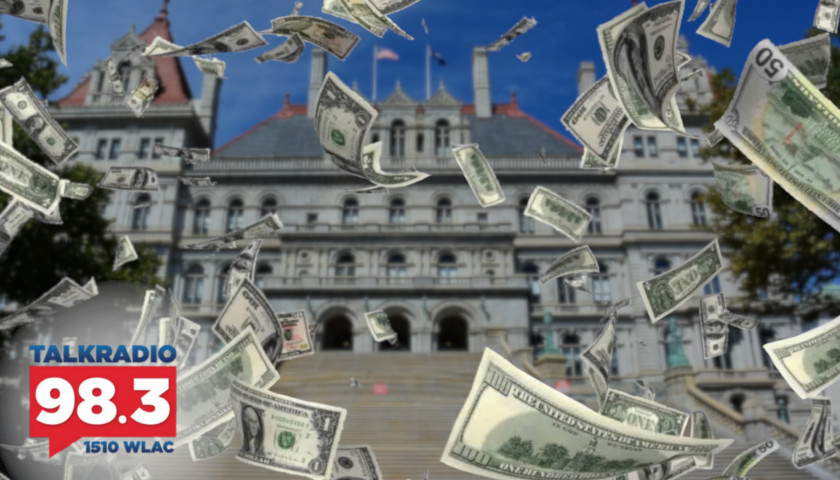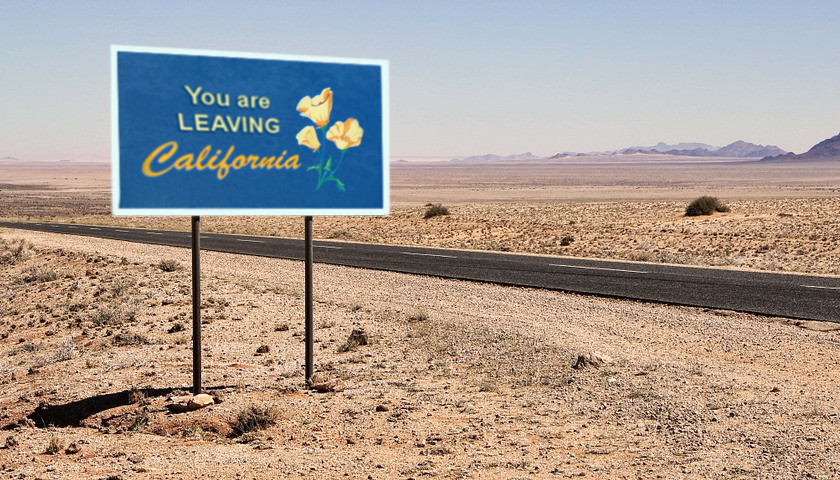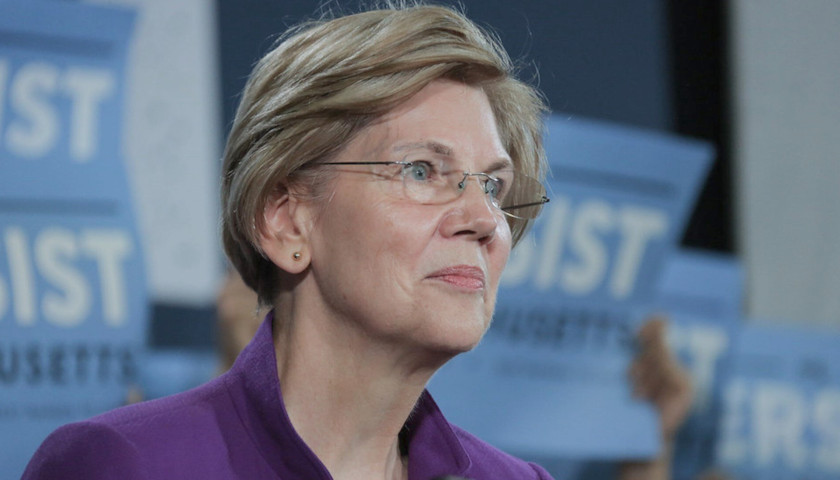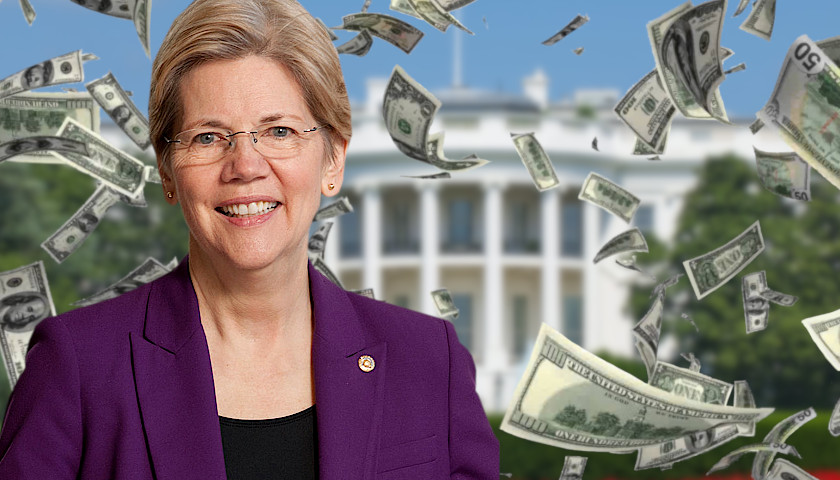by Bethany Blankley Minnesota ranks among the top places to live in the country according to the most recent U.S. News & World Report’s annual Best States Rankings. Some political leaders are attributing Minnesota’s third-place ranking to its high taxes, but critics argue that couldn’t be further from the truth. The Center of the American Experiment compared U.S. News’ ranking with the Tax Foundation’s state’s business tax climate analysis, which ranked Minnesota eighth-worst. Minnesota’s state and local tax burden was the 11th-highest in the U.S. in fiscal 2016, according to a report produced Key Policy Data (KPD). And according to the financial watchdog Truth In Accounting, Minnesota’s finances are on a “roller coaster ride,” with every taxpayer owing $4,700 to pay off the state’s debt. “We see no strong relationship between a state’s tax burden, as measured by the Tax Foundation, and whether it is a better or worse state, according to U.S. News & World Report,” John Phelan, an economist at the Center of the American Experiment, said in a statement. “Simply put, the causal relationship of ‘high taxes [lead to a] better state,’ just does not exist,” he argues. “Washington and New Hampshire, the two states which…
Read the full story








